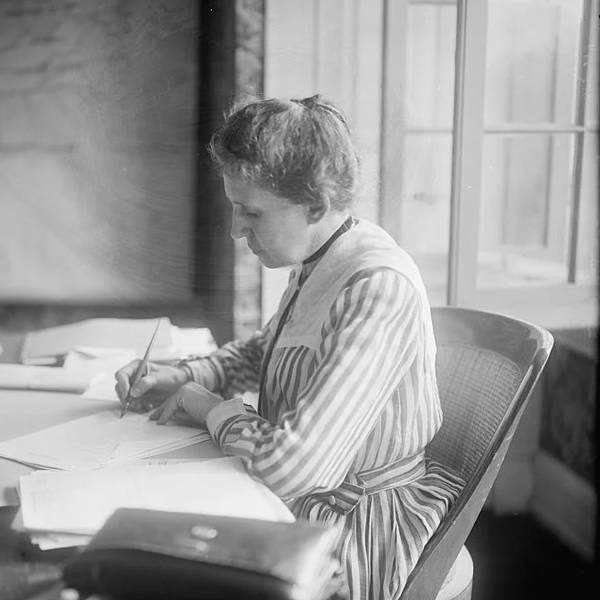
Antitrust in America (classic)
Earlier this fall, the Federal Trade Commission filed a high-stakes lawsuit against Amazon.
In that suit, the FTC claims Amazon is a monopoly, and it accuses the company of using anti-competitive tactics to hold onto its market power. It's a big case, with implications for consumers and businesses and digital marketplaces, and for antitrust law itself. That is the highly important but somewhat obscure body of law that deals with competition and big business.
And so, this week on Planet Money, we are doing a deep dive on the history of antitrust. It begins with today's episode, a Planet Money double feature. Two classic episodes that tell the story of how the U.S. government's approach to big business and competition has changed over time.
First, the story of a moment more than 100 years ago, when the government stepped into the free market in a big way to make competition work. It's the story of John D. Rockefeller and Standard Oil, and a muckraking journalist named Ida Tarbell.
Then, we fast forward to a turning point that took antitrust in the other direction. This is the story of a lawyer named Robert Bork, who transformed the way courts would interpret antitrust law.
These episodes were produced by Sally Helm with help from Alexi Horowitz Ghazi. They were edited by Bryant Urdstadt. Alex Goldmark is Planet Money's executive producer.
Help support Planet Money and get bonus episodes by subscribing to Planet Money+ in Apple Podcasts or at plus.npr.org/planetmoney.
Learn more about sponsor message choices: podcastchoices.com/adchoices
NPR Privacy Policy
In that suit, the FTC claims Amazon is a monopoly, and it accuses the company of using anti-competitive tactics to hold onto its market power. It's a big case, with implications for consumers and businesses and digital marketplaces, and for antitrust law itself. That is the highly important but somewhat obscure body of law that deals with competition and big business.
And so, this week on Planet Money, we are doing a deep dive on the history of antitrust. It begins with today's episode, a Planet Money double feature. Two classic episodes that tell the story of how the U.S. government's approach to big business and competition has changed over time.
First, the story of a moment more than 100 years ago, when the government stepped into the free market in a big way to make competition work. It's the story of John D. Rockefeller and Standard Oil, and a muckraking journalist named Ida Tarbell.
Then, we fast forward to a turning point that took antitrust in the other direction. This is the story of a lawyer named Robert Bork, who transformed the way courts would interpret antitrust law.
These episodes were produced by Sally Helm with help from Alexi Horowitz Ghazi. They were edited by Bryant Urdstadt. Alex Goldmark is Planet Money's executive producer.
Help support Planet Money and get bonus episodes by subscribing to Planet Money+ in Apple Podcasts or at plus.npr.org/planetmoney.
Learn more about sponsor message choices: podcastchoices.com/adchoices
NPR Privacy Policy
